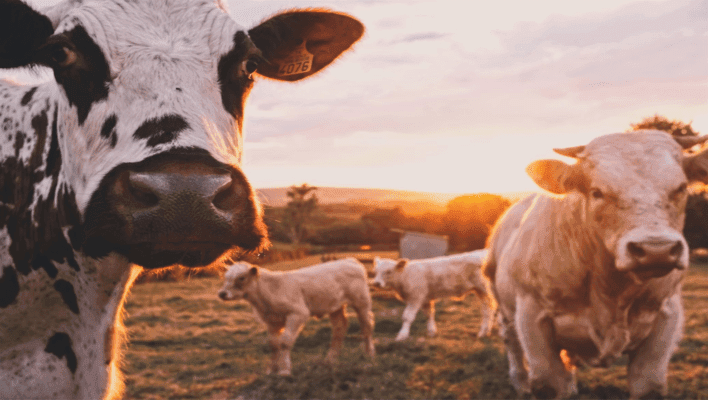Avian Influenza Outbreak Threatens U.S. Poultry and Dairy Industries

Avian Influenza Outbreak Threatens U.S. Poultry and Dairy Industries
The Spread of H5N1 Avian Influenza
A highly contagious strain of bird flu, identified as Type A H5N1 influenza virus, is wreaking havoc on major egg producers across the United States. Beyond chickens, the virus has also infected dairy cows, with reports of one person in Texas contracting the virus after contact with affected cattle.
Massive Losses and Economic Impact
As the avian influenza virus spreads, major egg producers are faced with the grim necessity of culling millions of chickens to contain the outbreak. This drastic measure not only results in significant economic losses for producers but also threatens to escalate grocery prices for consumers.
Economic Implications on Egg Prices
Amy Hagerman, a professor of agricultural economics at Oklahoma State University, warns of potential price increases for eggs due to the sudden reduction in supply caused by the mass culling of laying hens. Unlike typical post-Easter drops in egg prices, consumers may experience sustained or even rising costs in the aftermath of the outbreak.
Lingering Effects from Previous Outbreaks
The current avian influenza outbreak compounds existing challenges faced by the poultry industry. Prices for eggs have yet to fully recover from the tumultuous fluctuations experienced over the past two years, including the significant disruptions caused by the bird flu outbreaks in 2022.
Impact on Dairy Industry
In addition to poultry, the dairy industry is also feeling the effects of the avian influenza outbreak. Reports from Texas reveal a concerning decline in milk production, accompanied by symptoms of illness among dairy cows. However, unlike the devastating impact on poultry, the virus appears less severe and contagious among cattle.
Lesser Impact on Poultry Prices
While the avian influenza outbreak has led to the depopulation of millions of egg-laying chickens, the prices of poultry products, particularly broiler chickens, remain relatively stable. Commercial broiler operations have not been significantly affected, although certain turkey flocks have reported cases of infection.
Assurance of Food Safety
Despite the disruptions caused by the avian influenza outbreak, consumers can rest assured that stringent food safety measures remain in place. Both eggs and milk undergo pasteurization, effectively eliminating any traces of the virus and ensuring the safety of these essential food products.
As the avian influenza outbreak continues to unfold, stakeholders in the poultry and dairy industries are closely monitoring developments and implementing measures to mitigate the impact on both production and consumers.
Business News
The Science of A/B Testing: How Small Tweaks Create Big Wins in Marketing
Why Primary Care Doctors Are Embracing Telemedicine and Digital Health Tools
Smooth Onboarding Practices for Remote Professionals Abroad
Miami Cancels Task Force to Probe Business Ties to Cuba
The Best Digital Asset Access and Control Tools for Financial Services in 2026




















